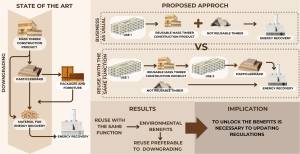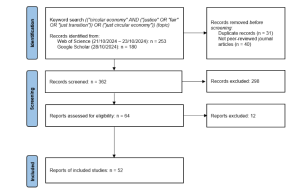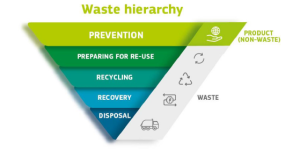Institutionalization of circular business models in the United States

The transition to a circular economy challenges existing regulatory frameworks, social norms, and belief systems: the dominant institutions. Moving from a linear to circular business model (CBM) is essential for sustainable business transformation. While CBMs have been widely studied in Europe, less is known about their emergence in the United States, where a national circular economy policy is still absent.
This study explores how CBMs emerge in the United States, analyzing semi-structured interviews with companies and employing deductive thematic analysis alongside institutional work theory. First, we identify a variety of successful CBMs in the United States. Second, we present a framework of pathways for circular business innovation. Third, we present a “Circular Business Institutionalization Framework,” which bridges theories on institutional work and ecologies of business models.
The frameworks offer insights into institutional leverage points and strategic positioning, with implications for guiding future sustainability transitions.
, & (2025). Institutionalization of circular business models in the United States. Journal of Industrial Ecology, 1–14. https://doi.org/10.1111/jiec.70115




